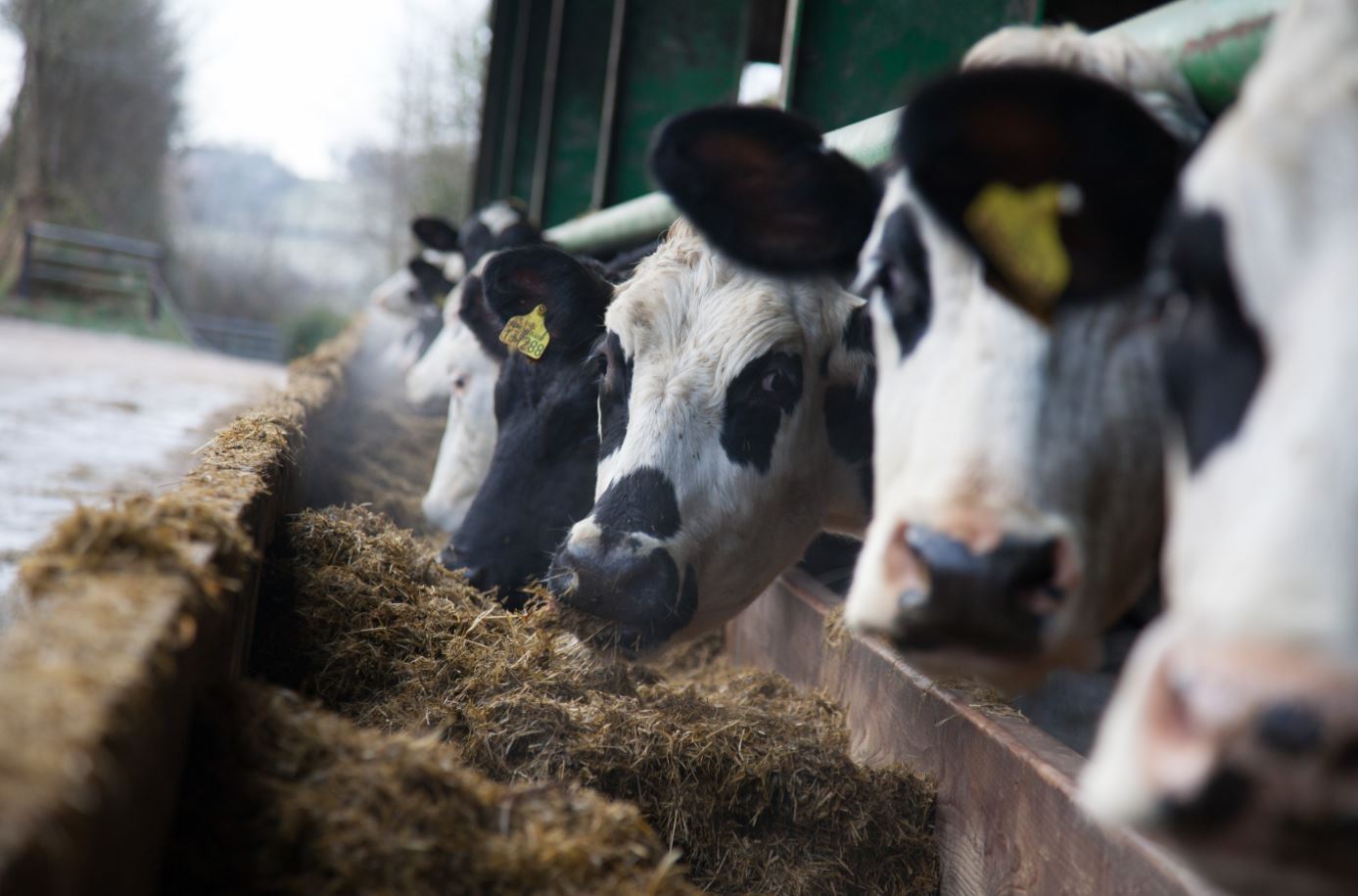The Soil Association has found itself at the centre of a row about sustainable diets and meat intake after publishing proposals that schools should have one compulsory meat-free day a week.
The organic certification, which also has a charity and research arm, published its proposals for plant-based school food via the Guardian, alongside a social media poll asking whether parents would be in favour.
On Twitter, over 2,000 people responded to the poll with 82 per cent choosing ‘no’ to backing a compulsory meat-free day. On Facebook, the results differed, however, with 58 per cent of respondents voting ‘yes’.

It launched the new recommendations in light of recent reports looking at the impact of diet on the planet, such as the Eat-Lancet and the Climate Change Committee report, and the growing evidence around the need to reduce intake of intensively-farmed meat.
But some farmers and supporters of sustainable meat production have criticised the body for joining the so-called anti-meat narrative associated with some elements of veganism, and failing to show support for organic meat producers, many of whom are certified by the Soil Association.
The Soil Association has defended its position, saying “we can’t shy away from the need to change diets if we’re being serious about tackling climate change.”
“Meat is nutritious – it forms part of a healthy diet – but we do not need to eat it every day,” a statement said. “Indeed, many of us need to curb our consumption if we are to ease our impact upon the planet. A sustainable farming system with agroecology and organic at its heart requires that we eat differently. This means supporting children to eat differently too.
“With all this in mind, the Soil Association firmly believes schools need more support to make it normal for children everywhere to eat a healthy and sustainable menu, with a little less meat overall making higher welfare, grass-fed meat affordable for all.”

Journalist Joanna Blythman, an outspoken critic of diets that promote veganism, tweeted in response to the Soil Association poll that the group is: “still singing from the ‘less meat’ script, which seeds erroneous idea that meat is intrinsically bad. Time to change it to “stop eating factory farmed meat and choose #organic.”
Other social media users objected to the fact the Soil Association did not specify organic plant-based food in its recommendations for school food.
One user, Nicky Kyle Gardening, tweeted: “Beyond belief that those currently in charge of SA policy can’t see that promoting “less meat” will not only deprive children of vital #nutrients necessary for their development, but in not insisting on #organic #plant foods will increase their consumption of #toxic #pesticides!”
The news comes as the debate around sustainable diets, how much and what meat to eat, and the role of a sustainable livestock farming system in the wider ecosystem, continues to grow.
Guy Singh-Watson, the founder of Riverford, which sells a wide range of organic meat as well as its core veg box products, said: “Most of our growers depend on a mixture of veg and livestock farming for their incomes; and above all, as organic farmers, our soil fertility depends on a rotation that includes grass and clover (grazing crops), plus animal manure.
“So our current policy is to help people to eat only good meat, less often, to eat the whole animal, and to be sure that you are happy with how it is produced.”













Interesting article and a good call from SA as will stimulate debate. No mention of cost savings to schools if there would be but also no mention that organic high welcare meat is out of the question in most peoples budget. How can that be addressed.
Hi Timjoad, companies such as Riverford suggest the ‘less and better’ approach – a plant based diet, but if you do choose to eat meat having smaller amounts of organic higher welfare meat instead.
I can’t believe that so many people are against a meat-free day one day per week! What do they think is going to happen to their kids?! It makes you wonder if they are actually concerned for The children’s welfare or just anti change?
I support the health benefits of eating less meat, but I will not give it up totally – just keep it as a treat. I think it is a shame people feel rather bullied about still eating meat.Adapting farming methods so that it is sustainable is the way to go I believe.
Less and better is definitely the way forward – everyone’s dietary choices and needs are different, but whatever we eat choosing to buy food that is from more sustainable sources is the message thats coming through loud and clear from all current research.
.
I am surprised that the Soil Association have been manipulated in this way. Managed grazing is a huge factor in regenerating soils. It also produces the most nutritious food available to us – the meat of the grazing animals. The notion that eating meat is bad for the planet is bad science that lets the food industry sell us processed junk and call it healthy. We should be more concerned about large scale deficits of key nutrients in our children than getting caught up in greenwashing agendas. The key to saving the planet lies in managed grazing of currently arid areas.
Thanks for your contribution Aidan – they are not saying ‘meat is bad’, but rather that a sustainable farming system with agroecology and organic at its heart requires that we eat differently. We can vote with our feet and support sustainable farming rather than factory farmed meat.